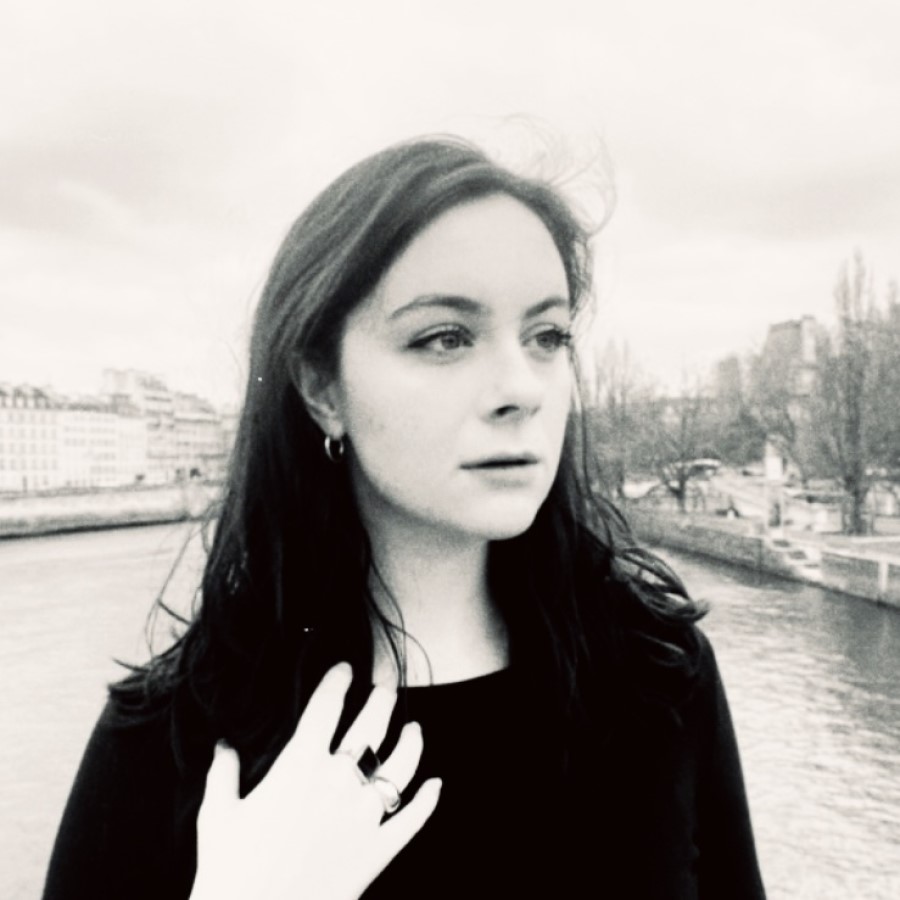Nashville-based singer-songwriter Zoe Butler’s new single, “Shenandoah Blues,” has a deceptive title. In the song, Butler works her way through indescribable grief, evoking the natural splendor of the Shenandoah Valley as a backdrop to life’s crucibles. Butler’s performance is imbued with a sense of purpose, knowing that the song — which she never planned to record — could prove a balm for those who have been left behind too early by loved ones.

“I have been writing this song since I lived in London in 2019 and it is about my friend Rosie who died by suicide,” Butler writes. “I never planned on releasing this song, but my producer Mike Fahey from Sputnik Sound heard the demo and immediately envisioned building the song into an anthem of grief by adding violins and a drum kit. This song is for anyone who has ever been left in the dust.”
Who are some of your musical influences?
I grew up listening to the local country radio station with my Mom and to classic rock with my Dad. My first musical influences were Miranda Lambert, Fleetwood Mac, Bob Dylan, Bruce Springsteen and Faith Hill. As an adult, I find that I draw inspiration from those same artists in terms of the melody and instrumentals in my songs. However, my lyrical muses in the last five years have been primarily poets like W. H. Auden and authors like Sally Rooney and Sylvia Plath.
Explain the title of your album.
The title of my EP is June. It refers to the final song on the EP which references June Carter Cash and Johnny Cash’s love story. June Carter Cash died in May 2003 from complications from a heart surgery and Johnny Cash died just four months later from heartbreak. After my high school boyfriend died in 2016, I felt like I might also die from heartbreak. The EP is dedicated to him.
Does your album have an overarching theme?
This record is about what happens when you reach new depths of pain. It is both about the monstrous pain that caused two important people in my life to take their own lives and also the overwhelming pain I felt in the wake of their deaths. The EP calls into question the notion that “it is better to have loved and lost than to never have loved at all,” because sometimes losses seem too colossal to overcome.
Who would you love to collaborate with? Why?
I would love to collaborate with Tommy Lefroy. I have always wanted to write an indie rock song and I’d love to hear their voices in the type of acoustic setting that I cultivate in my songs. Tessa and Wynter’s voices blend seamlessly across lyrics that are both dreamy and disturbing. I’m definitely Tommy Lefroy’s biggest fan, so it would be a dream come true.
Do you start off with the music or lyrics first? Why?
I always write both the melody and the lyrics at the same time. A line will come to me while I’m driving or taking a shower and then I’ll just sing it into existence. For example, the line “I finally left a little white church” came to me in 2019 while I was walking to class in London. I rarely end up tweaking the melody or lyrics of that original line. I then build the rest of the first verse and chorus acapella before bringing in my guitar, piano, or ukulele.
